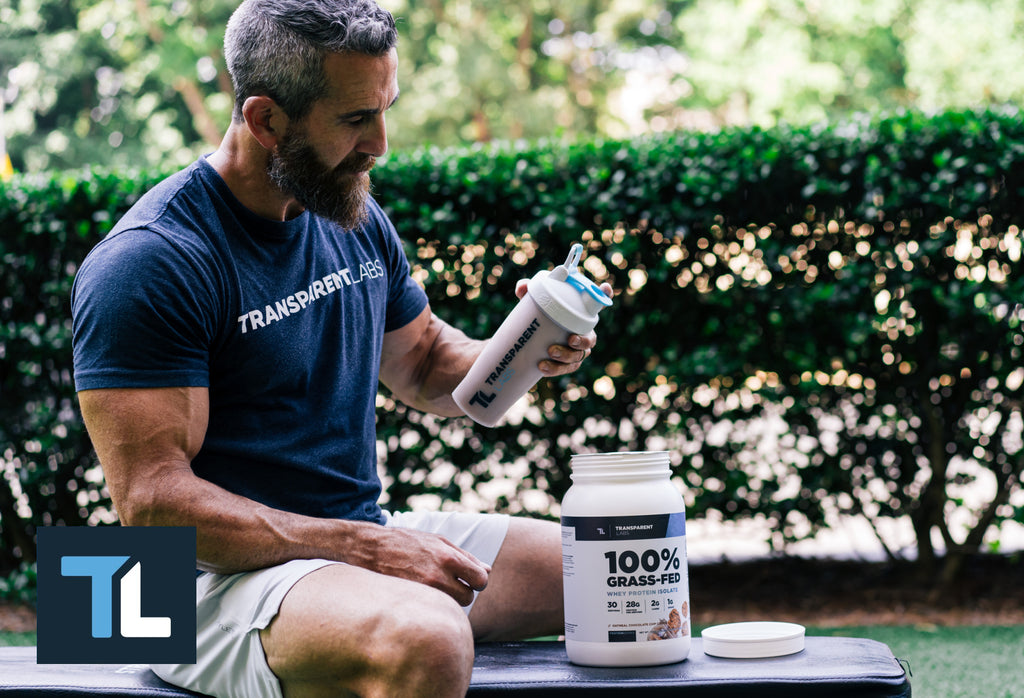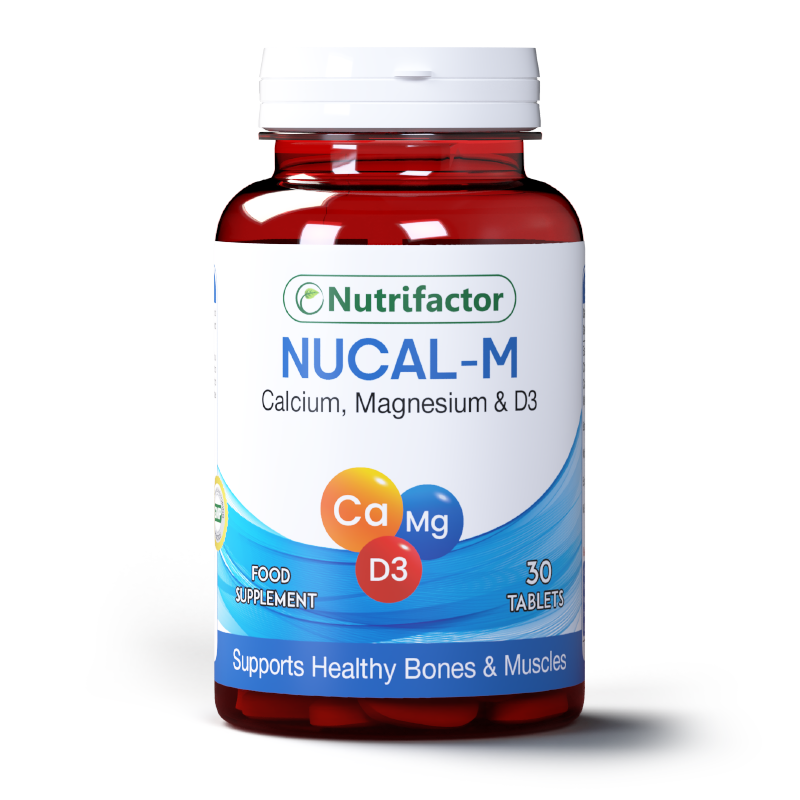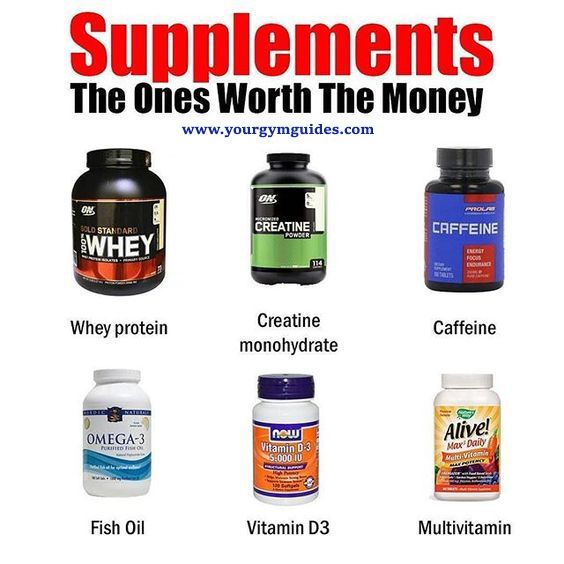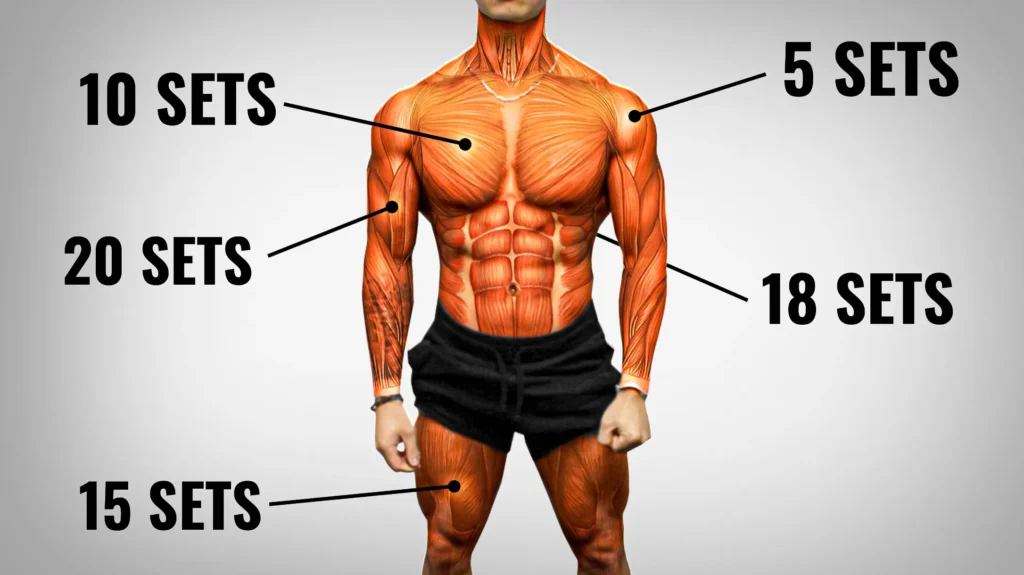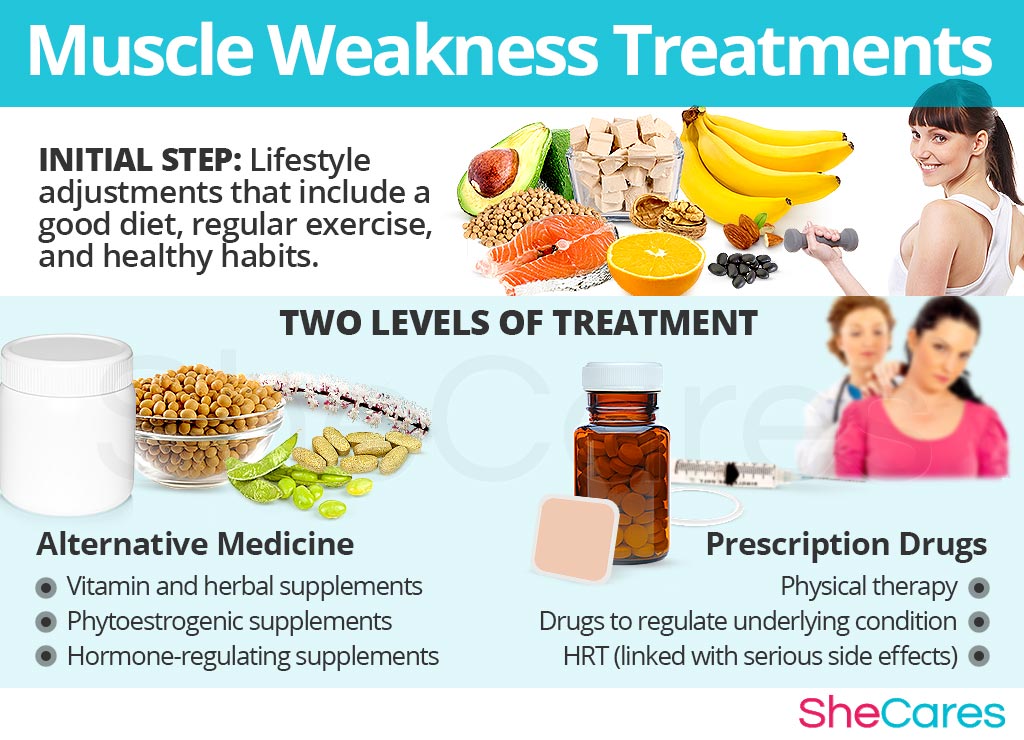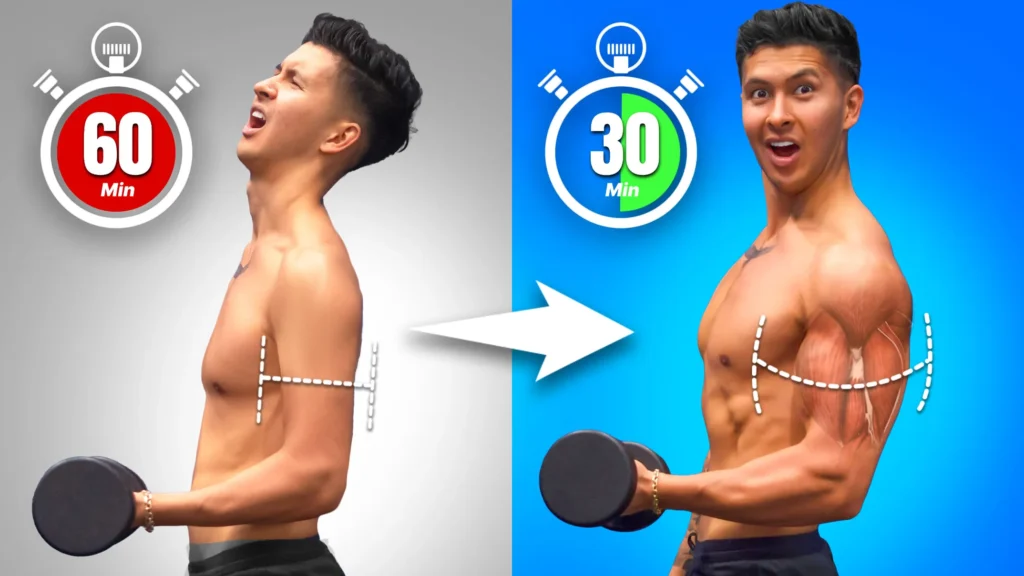To gain muscle weight fast, prioritize strength training and a high-protein diet. Consistency and proper recovery are essential.
Building muscle quickly requires a strategic approach. Strength training exercises such as squats, deadlifts, and bench presses are crucial. These compound movements target multiple muscle groups, promoting faster growth. A diet rich in protein supports muscle repair and growth. Aim to consume lean meats, dairy, and plant-based proteins.
Consistency in your workout routine and adequate rest are vital. Muscles need time to recover and grow stronger. Track your progress and adjust your routine as needed to keep challenging your body. Remember, patience and dedication are key to achieving your muscle gain goals.
Unlocking The Basics Of Muscle Gain
Gaining muscle weight fast requires understanding the basics. This involves eating right and exercising. Knowing how to fuel your body can make a big difference. Let’s dive into the essentials of muscle gain.

Calories And Muscle Growth
Calories are the energy your body needs to build muscle. To gain muscle weight, you need to eat more calories than you burn. This is called a caloric surplus.
To find out how many calories you need, use an online calorie calculator. Add 500 calories to your daily needs for muscle growth. Track your calories to ensure you’re eating enough.
Here is a simple table to help you understand your caloric needs:
| Weight (lbs) | Calories per Day |
|---|---|
| 150 | 2500 |
| 175 | 2750 |
| 200 | 3000 |
Consistency is key. Eat the right amount of calories every day to see results.
Macronutrient Ratios For Hypertrophy
Macronutrients are proteins, carbohydrates, and fats. Each plays a role in muscle gain.
- Proteins: Essential for muscle repair and growth. Aim for 1 gram per pound of body weight.
- Carbohydrates: Provide energy for workouts. They should make up 40-50% of your daily calories.
- Fats: Support hormone production. Include healthy fats in your diet.
Here’s a breakdown of a balanced diet for muscle gain:
| Macronutrient | Percentage of Daily Calories |
|---|---|
| Protein | 30% |
| Carbohydrates | 50% |
| Fats | 20% |
Plan your meals to hit these macronutrient ratios. This will help you gain muscle efficiently.
Optimizing Your Workout Routine
Gaining muscle weight fast requires optimizing your workout routine. This means focusing on the right exercises and principles. It’s not just about lifting weights; it’s about lifting them smartly. Below, we’ll explore some key elements to enhance your muscle-building workouts.
High-intensity Training Principles
High-Intensity Training (HIT) is a powerful way to build muscle quickly. This method involves lifting heavy weights for short periods. It’s about pushing your muscles to their maximum capacity. The goal is to create maximum muscle tension in a short time.
- Short, intense workouts – Aim for 30-45 minutes per session.
- Focus on compound exercises – Include squats, deadlifts, and bench presses.
- Limit rest periods – Keep rest times between sets to 30-60 seconds.
Volume Vs. Frequency: Striking The Balance
Finding the right balance between volume and frequency is crucial. Volume refers to the total amount of weight lifted in a session. Frequency is how often you work out.
| Aspect | Description |
|---|---|
| Volume | Total sets and reps per session. |
| Frequency | Number of workout sessions per week. |
To gain muscle weight fast, you need to find a balance. Too much volume can lead to burnout. Too little frequency can slow down progress.
- Start with moderate volume – 3-4 sets of 8-12 reps.
- Increase frequency gradually – Begin with 3 workouts per week.
- Adjust based on progress – Monitor your gains and tweak as needed.
Strategic Nutrition For Maximal Gains
To gain muscle weight fast, focus on strategic nutrition. This ensures your body gets the right nutrients at the right times. This section covers pre- and post-workout meals and supplements that boost muscle gain.

Pre- And Post-workout Meals
Pre-workout meals are crucial for energy. Eat 1-2 hours before your workout. Include protein and carbs. This helps fuel your muscles and gives you energy. A good pre-workout meal might be:
| Food | Serving Size | Protein (g) | Carbs (g) |
|---|---|---|---|
| Grilled chicken breast | 150g | 31 | 0 |
| Brown rice | 1 cup | 5 | 45 |
| Steamed broccoli | 1 cup | 3 | 6 |
Post-workout meals help with recovery. Eat within 30 minutes after your workout. This helps repair muscles and replenish glycogen. A good post-workout meal might be:
- Whey protein shake with banana
- Greek yogurt with honey and berries
- Tuna sandwich on whole wheat bread
Supplements That Support Muscle Gain
Supplements can aid muscle gain. They fill nutritional gaps and support recovery. Here are some effective supplements:
- Whey Protein: Quick to digest. Perfect for post-workout recovery.
- Creatine: Increases strength and muscle mass. Take daily.
- BCAAs (Branched-Chain Amino Acids): Reduce muscle soreness. Take before or after workouts.
- Beta-Alanine: Boosts endurance. Helps with longer workouts.
- Multivitamins: Ensure you get essential vitamins and minerals.
Combining these strategies helps you gain muscle weight fast. Focus on nutrition for the best results.
The Role Of Rest In Muscle Development
Gaining muscle weight fast is not just about lifting weights. Rest plays a crucial role in muscle development. Without proper rest, your muscles don’t get the chance to repair and grow. This section delves into how rest aids muscle growth.
Understanding Sleep And Recovery
Sleep is vital for muscle recovery and growth. During sleep, your body releases growth hormones. These hormones help repair and build muscle tissue.
Good sleep improves workout performance. It also reduces the risk of injury. Aim for 7-9 hours of sleep each night.
Quality of sleep matters too. Make sure your sleep environment is comfortable. Keep your room cool, dark, and quiet.
Active Recovery And Muscle Growth
Active recovery involves low-intensity exercises. These exercises promote blood flow to muscles. This helps deliver nutrients and remove waste products.
Examples of active recovery include:
- Walking
- Light jogging
- Yoga
- Stretching
These activities keep your body moving without putting stress on your muscles. They help reduce muscle soreness and stiffness.
| Activity | Benefits |
|---|---|
| Walking | Improves circulation, reduces stiffness |
| Light jogging | Increases heart rate, aids in recovery |
| Yoga | Enhances flexibility, reduces stress |
| Stretching | Prevents injuries, improves range of motion |
Include active recovery days in your workout plan. This allows your muscles to heal and grow without complete rest.
Leveraging Progressive Overload
Gaining muscle weight quickly requires a strategic approach. One of the most effective methods is leveraging progressive overload. This technique involves gradually increasing the stress placed on muscles during workouts. By continuously challenging your muscles, you promote constant growth and strength.
Incremental Increases For Continuous Growth
To achieve continuous muscle growth, focus on incremental increases. Small, consistent changes in the weight lifted help your muscles adapt and grow.
- Start with a weight you can lift comfortably.
- Increase the weight by 2-5% each week.
- Ensure proper form to prevent injuries.
These small increases prevent plateaus and keep your muscles engaged. This method ensures long-term success in muscle gain.
Tracking Progress For Motivation And Adjustment
Tracking progress is crucial for motivation and adjustment. Keeping a workout journal helps you monitor your improvements.
Here’s a simple table to track your workouts:
| Exercise | Week 1 | Week 2 | Week 3 | Week 4 |
|---|---|---|---|---|
| Bench Press | 100 lbs | 105 lbs | 110 lbs | 115 lbs |
| Squats | 150 lbs | 155 lbs | 160 lbs | 165 lbs |
Recording each session keeps you motivated. It shows progress and highlights areas needing adjustment.
Adjust your routines based on this data. If progress stalls, reevaluate your strategy and make necessary changes.

Fine-tuning Your Form And Technique
Gaining muscle weight fast requires more than just lifting heavy weights. Fine-tuning your form and technique is essential for maximizing muscle growth. Proper form ensures that you target the right muscles and reduce the risk of injury. Let’s dive into the specifics of how you can perfect your form and technique.
The Impact Of Proper Form On Muscle Activation
Proper form is crucial for muscle activation. When you perform exercises correctly, you engage the target muscles effectively. This leads to better muscle growth and strength. Proper form also helps in maintaining balance and stability, which is essential for lifting heavier weights.
Consider the bench press. By keeping your back flat and feet planted, you engage your chest muscles more effectively. This reduces strain on your shoulders and increases your lift efficiency.
Using the correct form minimizes the risk of injuries. When your body moves in the right way, it distributes weight evenly. This helps in preventing muscle strains and joint issues.
Common Mistakes To Avoid
Avoiding common mistakes can significantly improve your muscle gains. Here are some errors to watch out for:
- Using Too Much Weight: Lifting weights that are too heavy can compromise your form. Start with a manageable weight and gradually increase it.
- Skipping Warm-Ups: Warm-ups prepare your muscles for intense workouts. Skipping them can lead to injuries and reduced performance.
- Incorrect Posture: Poor posture can lead to imbalanced muscle development. Ensure your back is straight, and your core is engaged.
- Rushing Through Reps: Performing reps too quickly reduces muscle engagement. Focus on controlled, slow movements.
- Ignoring Rest Periods: Rest is crucial for muscle recovery. Overworking your muscles can lead to fatigue and injuries.
By avoiding these mistakes, you can ensure that your workouts are effective and safe. Focus on quality over quantity to achieve the best results.
| Exercise | Proper Form Tips |
|---|---|
| Squats | Keep your back straight, knees behind toes, and weight on heels. |
| Deadlifts | Maintain a straight back, engage your core, and lift with your legs. |
| Bench Press | Keep your back flat, feet planted, and lower the bar to your chest. |
Fine-tuning your form and technique is a critical step in gaining muscle weight fast. By focusing on proper form and avoiding common mistakes, you can maximize your muscle growth and minimize the risk of injuries.
The Mind-muscle Connection
The mind-muscle connection is vital for gaining muscle weight fast. This concept involves engaging your brain to focus on the muscle you are working. By doing this, you can improve muscle activation and growth.
Understanding this connection can help you maximize your workouts. It ensures that each exercise targets the correct muscles, leading to better gains.

Focusing On Muscle Engagement
Concentrate on the muscle you want to grow. Feel it contract and relax with each rep. This focus helps in better activation of muscle fibers. Below is a simple table showing examples of muscle engagement:
| Exercise | Primary Muscle Engaged |
|---|---|
| Bench Press | Chest |
| Squats | Quadriceps |
| Bicep Curls | Biceps |
In each exercise, focus on the primary muscle. This ensures that your efforts are effective.
Visualization Techniques For Growth
Visualization is a powerful tool for muscle growth. Picture the muscle growing and getting stronger with each rep. This mental image can boost your performance and results.
Here are some steps for effective visualization:
- Close your eyes and take deep breaths.
- Visualize the muscle you are working on.
- Picture it growing and becoming defined.
- Open your eyes and perform the exercise with this image in mind.
Consistent visualization can help you achieve your muscle growth goals faster. It reinforces the mind-muscle connection and enhances your workout efficiency.
Avoiding Plateaus And Stagnation
Gaining muscle weight fast can be challenging, especially when you hit a plateau. Plateaus and stagnation can slow your progress and dampen your motivation. It’s essential to adopt strategies that keep your muscles growing and your routine exciting. This section will explore ways to avoid plateaus and stagnation.
Changing Up Your Routine
Changing your workout routine can help avoid plateaus. Muscles adapt to the same exercises over time. This adaptation can slow your progress. To combat this, try to change your exercises every few weeks. Incorporate new movements and different equipment.
- Switch from barbells to dumbbells.
- Try bodyweight exercises.
- Incorporate resistance bands.
Another way to shake things up is to change the order of your exercises. If you usually start with bench presses, start with pull-ups instead. This forces your muscles to work differently.
Overcoming Mental And Physical Blocks
Mental blocks can be as challenging as physical ones. Staying motivated is crucial for muscle growth. Set small, achievable goals to keep your spirits high.
- Set a new personal record in lifting.
- Track your progress in a journal.
- Join a fitness community for support.
Physical blocks often involve muscle fatigue or injury. Ensure you get enough rest and recovery between workouts. Adequate sleep and proper nutrition are essential for muscle repair.
| Physical Block | Solution |
|---|---|
| Muscle Fatigue | Take rest days and get 8 hours of sleep. |
| Injury | Consult a physician and follow a recovery plan. |
Incorporate stretching and foam rolling into your routine. These can help alleviate muscle tightness and improve flexibility.
Frequently Asked Questions
How To Gain Muscle Weight Fast?
To gain muscle weight fast, focus on strength training, consume high-protein foods, stay consistent, ensure adequate rest, and stay hydrated.
Does Gaining Muscle Make You Gain Weight Fast?
Gaining muscle can lead to weight gain, but the rate varies. Muscle is denser than fat, adding pounds faster.
Why Am I Gaining Muscle Mass So Fast?
You might be gaining muscle mass quickly due to genetics, a high-protein diet, intense workouts, or effective recovery periods.
Can You Gain 5 Pounds Of Muscle In A Week?
Gaining 5 pounds of muscle in a week is unrealistic. Muscle growth takes time, proper nutrition, and consistent training. Aim for 0. 5-1 pound per week for sustainable results.
Conclusion
Building muscle weight quickly requires dedication, proper nutrition, and consistent training. Focus on compound exercises and adequate protein intake. Stay hydrated and get enough rest to support muscle recovery. Follow these steps, and you’ll see significant gains in no time.
Remember, persistence is key to achieving your muscle-building goals.


